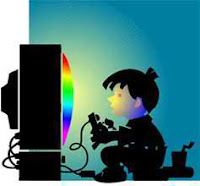Occupational Therapy: Advice for Adults with Aspergers
Adults with Aspergers (high functioning autism) often face challenges with social interaction, impaired motor skills, sensory processing issues, repetitive patterns of behavior, and intensely focused interests – all of which might interfere with their ability to complete activities of daily living in a manner similar to their peers. Increased awareness and knowledge about Aspergers has opened many avenues to help adults with Aspergers adjust to life’s demands. One such avenue is Occupational Therapy (OT), which attempts to address the following: • Age-appropriate interactions • Behavior modification • Communication and social skills • Coping • Family education • Imitation skills • Independent living skills • Motor skills • Repetitive behaviors • Self-care • Sensory skills • Social skills OT is a discipline that utilizes purposeful activity to obtain, regain and/or maintain one’s highest level of daily functioning, work, play and leisure activitie

